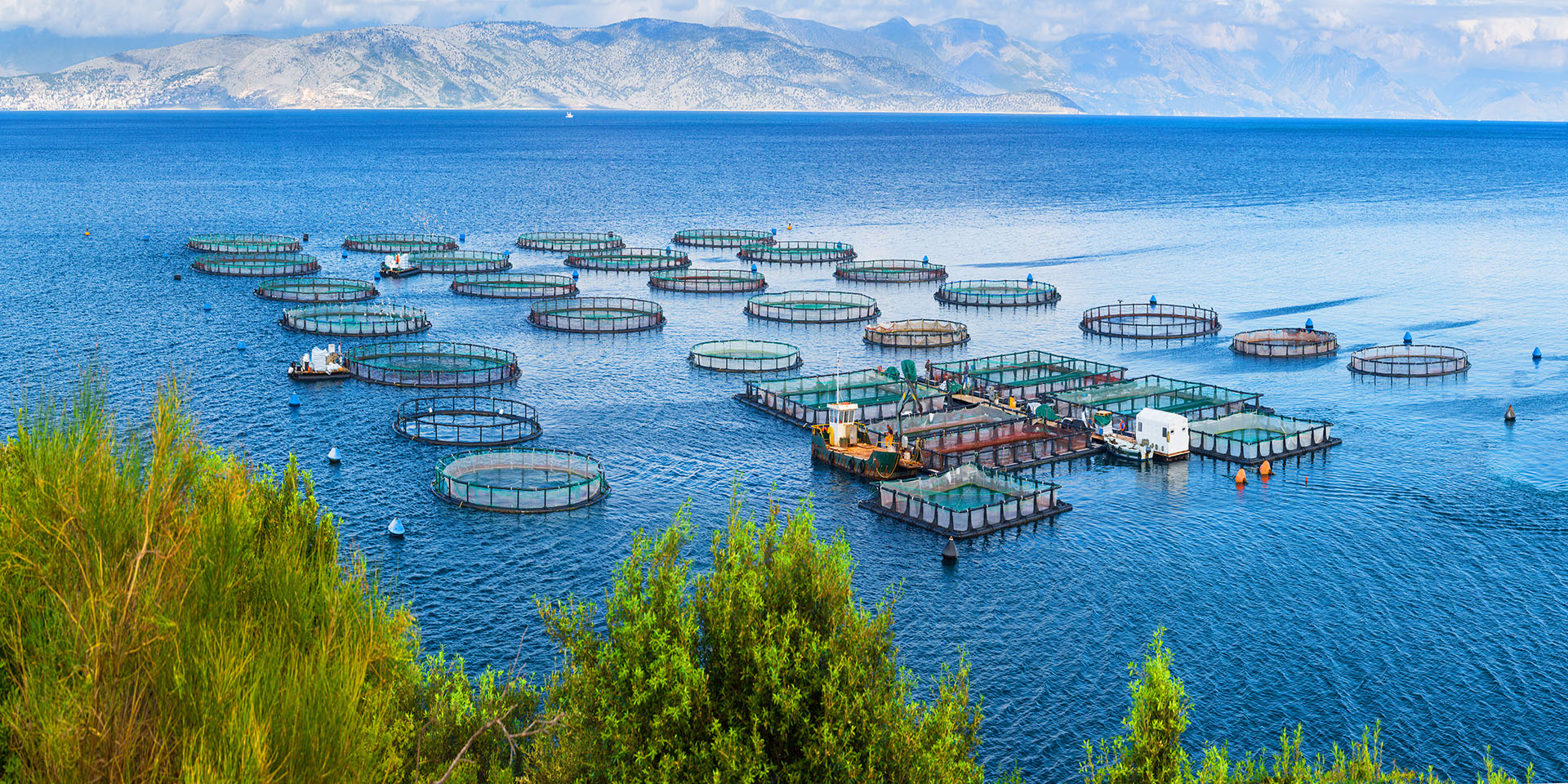In April 2023, an armed conflict broke out in Sudan, giving rise to a civil war: the 4th Sudanese Civil War. This “war of the generals” pits the Rapid Support Forces (RSF, a paramilitary force) against the armed forces of the territory.
Before the conflict, about 15 million Sudanese were already food insecure. That number has increased significantly since then, reaching about 20 million people in 2024, according to UN estimates. It has also forced more than 5 million people to flee as refugees to Chad and/or Egypt.
Thus, this conflict considerably exacerbates the food crisis in the country that has already been raging for several years. In particular, it affects millions of people who depend mainly on agriculture for their daily livelihoods. Indeed, the clashes have disrupted agricultural activities, ravaged infrastructure (more than 50% loss of production in regions such as Darfur) and hindered access to local markets and resources. This has led to a significant increase in food insecurity at the national level.
In connection with this war situation, FAO has launched several programmes to support farmers in conflict zones (2 million Sudanese farmers between 2023 and 2024), providing them with drought-resistant seeds, agricultural tools and training in sustainable agricultural practices.
In this sense, the United Nations Food Systems Summit took place in Kigali, Rwanda in September 2024, in the presence of the AfDB and AGRA. This large-scale gathering highlighted the need to invest in sustainable agriculture. This will prevent food crises in conflict-affected countries, including by encouraging massive investments in food systems ($25 billion by 2023).




